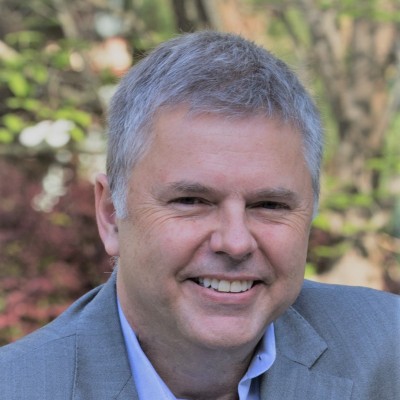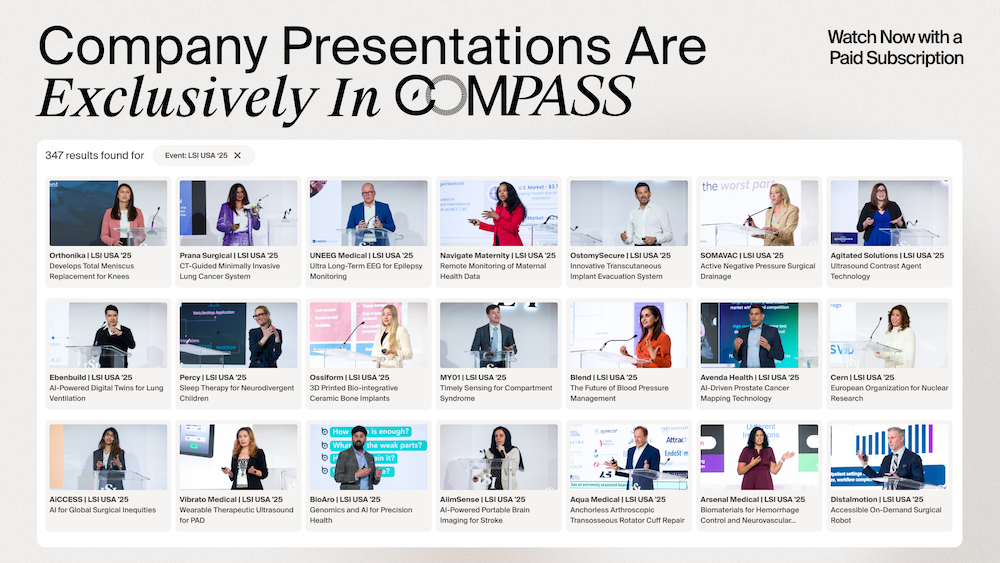- Video Library
- Carlos Bremer, Brain4Care - Non-Invasive ICP Dynamics Monitoring | LSI USA '24
Carlos Bremer, Brain4Care - Non-Invasive ICP Dynamics Monitoring | LSI USA '24
shaping the future of
Medtech at LSI USA ‘26
Waldorf Astoria, Monarch Beach

Carlos Bremer
Carlos is an entrepreneur and thought leader in Business/ Innovation Strategy, Value Chain/ Knowledge Management, and a researcher in Conscious Business/ ESG.
From 2003 to 2012, he was a senior partner and co-founder of Axia Value Chain consulting, and in 2017 he joined brain4care as an angel investor, knowledge management, and innovation leader. In 2022 he assumed the position of President of the North America Division in charge of developing and entering the US market.
In his career as an advisor, he would help organizations by first defining and clarifying their value proposition and, second, designing and implementing the value chain that would enable the value delivery.
Carlos has a Ph.D. University of São Paulo, Brazil, and a Post Doc in Virtual Enterprises from the Technology University of Aachen, Germany. His research focused on a Systems Thinking perspective to guide Enterprise Transformation.
In 1999 Carlos won the “SAP Award for Best Research in America” granted by SAP Americas.
Carlos Bremer
Carlos is an entrepreneur and thought leader in Business/ Innovation Strategy, Value Chain/ Knowledge Management, and a researcher in Conscious Business/ ESG.
From 2003 to 2012, he was a senior partner and co-founder of Axia Value Chain consulting, and in 2017 he joined brain4care as an angel investor, knowledge management, and innovation leader. In 2022 he assumed the position of President of the North America Division in charge of developing and entering the US market.
In his career as an advisor, he would help organizations by first defining and clarifying their value proposition and, second, designing and implementing the value chain that would enable the value delivery.
Carlos has a Ph.D. University of São Paulo, Brazil, and a Post Doc in Virtual Enterprises from the Technology University of Aachen, Germany. His research focused on a Systems Thinking perspective to guide Enterprise Transformation.
In 1999 Carlos won the “SAP Award for Best Research in America” granted by SAP Americas.

17011 Beach Blvd, Suite 500 Huntington Beach, CA 92647
714-847-3540© 2026 Life Science Intelligence, Inc., All Rights Reserved. | Privacy Policy







